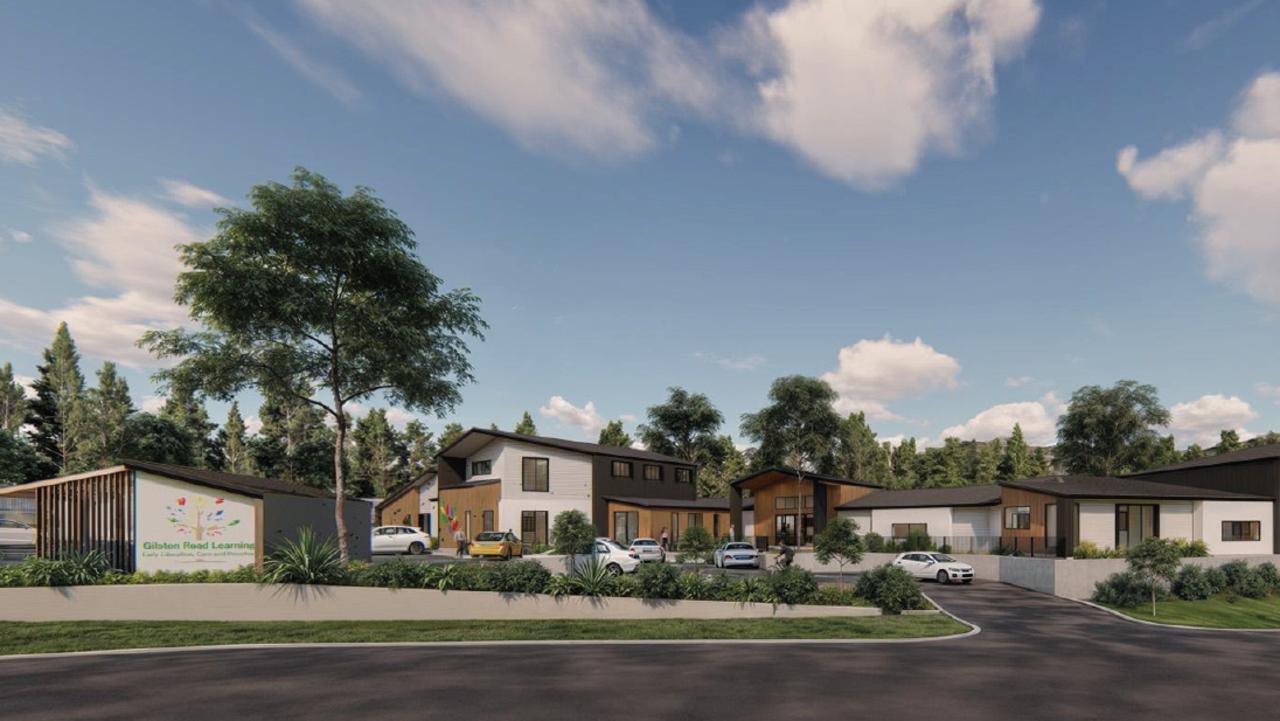How to save for your new home faster
Despite soaring house prices and higher interest rates, it is possible to save for your new home faster. Read how.

Property
Don't miss out on the headlines from Property. Followed categories will be added to My News.
Saving a deposit for your first home, or even second or third home, isn’t exactly the easiest goal to tick off.
But with the right mix of strategy, determination and discipline, it is possible to shorten the length of time it takes to save so that you can say goodbye to the world of renting and hello to the new life of home ownership. Here are four tips the experts say will help you into your own home sooner.
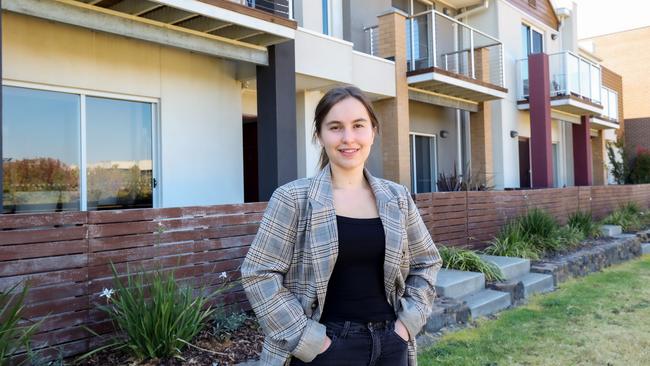
PUT HIGH INTEREST RATES TO WORK
When life gives you lemons – make lemonade.
Higher interest rates may reduce your borrowing power, but they also boost your savings power, so use them to your advantage, Finder home loans expert Richard Whitten said.
“You can get a rate above 5 per cent now, which can help you grow that deposit over time,” he said.
Canstar Group Executive Financial Services Steve Mickenbecker said it’s important to find a savings account with bonuses or conditions that you will always meet.
“There are also forms of investment like shares that could be considered to boost returns,” he said. “Higher returns also come with higher risk and volatility, and closer you are to buying, the certainty of savings accounts might look more comfortable.”
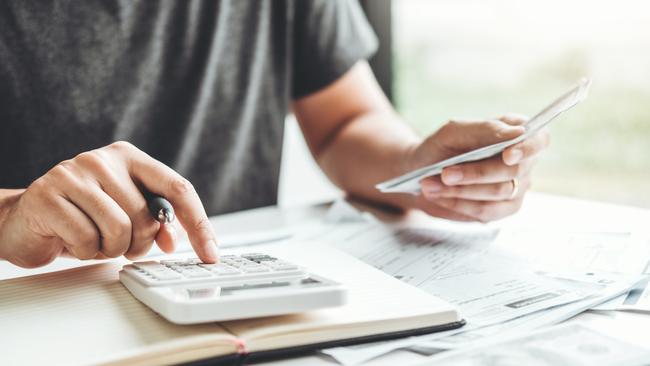
CUT YOUR DEPOSIT SIZE IN HALF
While 20 per cent has long been considered the ideal deposit size, first home buyers may be better off aiming for a 10 per cent deposit instead, Mr Mickenbecker said.
A Canstar survey of more than 1000 first home buyers found participants were saving an average of $1,605 each month, meaning single first home buyers would need about six years to save a 20 per cent deposit for a median-priced unit.
“This could almost be cut in half if the borrower aimed for a 10 per cent deposit instead,” Mr Mickenbecker said.
Keep in mind that you would be liable to pay Lenders Mortgage Insurance as an additional cost if your deposit was less than 20 per cent, he added.
The research didn’t take property price growth and wage growth into account.
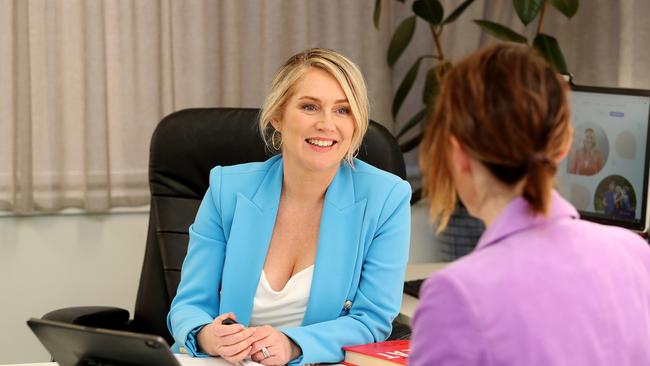
BUDGET AND STICK WITH IT
While budgeting sounds like a dull topic for many, there’s nothing boring about achieving your dreams, MyBudget founder and director Tammy Barton said.
“The way in which you manage your money goes a long way to your life turning out the way you’d like,” she said. “By giving every dollar a job, you can confidently navigate your financial journey and work towards your short and long-term goals.”
She said to get started you should gather up all your bank statements, bills, receipts and pay slips from the last few months.
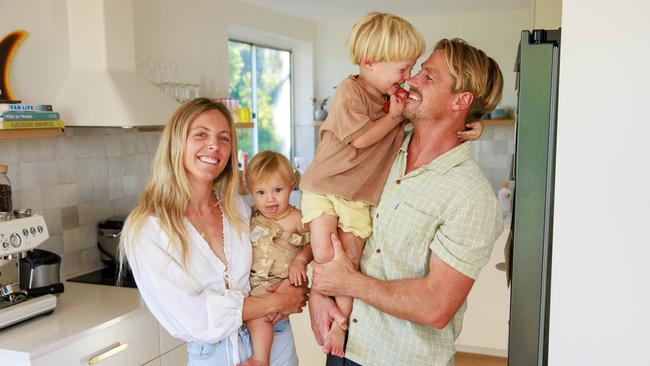
Then calculate your income after tax, including Centrelink payments, child support or any extra side hustle income – making sure not to include overtime or bonuses that aren’t regular payments.
Then it’s a matter of using one of the many free budget templates available online to see how much you can set aside each month – and sticking with it.
She said automating your finances by setting up regular payments into a savings account dedicated to growing your deposit could help.
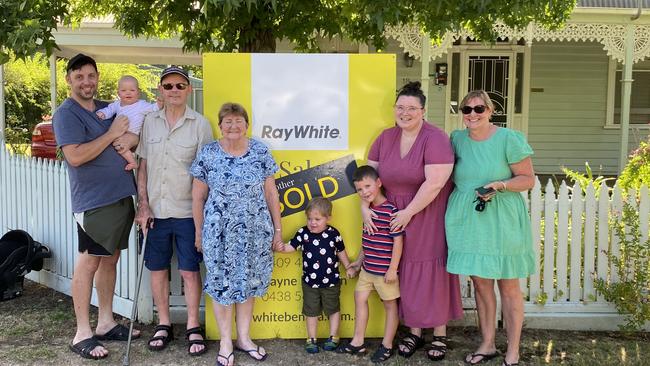
ASK FOR HELP
If you’re struggling to save a home deposit on your own, there are government initiatives that may help, Mr Mickenbecker said. The states and territories vary when it comes to first homebuyer assistance schemes, with some offering grants and stamp duty discounts.
There’s also the federal government’s First Home Super Saver Scheme, which lets you save money for a deposit through your super fund, and the Home Guarantee Scheme, which lets people buy homes with small deposits while avoiding LMI.
“It’s tougher for a solo buyer than a couple to save a deposit, so buying a first home with a sibling might be an option as a first foothold,” Mr Mickenbecker said.

If your parents own their home, consider whether they can sign on as guarantors, Mr Whitten said.
“You might even be able to buy a house with the government,” he said. “Victoria’s Homebuyer Fund and the upcoming federal Help to Buy program are shared equity schemes where eligible participants buy a home and the government provides a share of the price.
“In exchange, the government owns a share of the property and benefits from any capital growth. You repay the government’s share later, either by refinancing, making repayments or when you sell the property.”
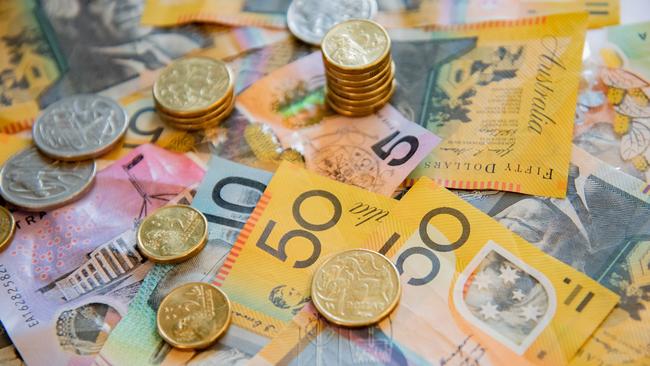
TOP BUDGETING TIPS
MyBudget director Tammy Barton said following a budget is the best way to save a home deposit. Here are her top budgeting tips.
* Be realistic – this includes full honesty (with yourself) about where your money is going each month, and setting achievable goals
* Remember “the why” – it’s easier to stick with a budget if you have a strong desire to reach the goal you set out to achieve, so remind yourself that following this path will get you into your first home
* Have an emergency fund – keep money set aside for emergencies so you can stick to your savings plan when life throws a curveball
* Automate your savings – set up regular transfers into your deposit saving account so that saving happens automatically and becomes non-negotiable
* Review your expenses – see how much you can save by bringing lunch to work, cutting back on subscriptions and looking for better deals with your utility providers
More Coverage
Originally published as How to save for your new home faster




